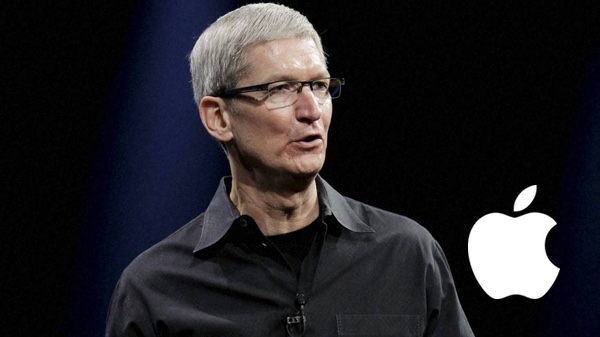In an interview conducted today by ABC’s David Muir, Apple CEO Tim Cook explained his and Apple’s stance in their ongoing fight with the FBI where the company is asked to create backdoor access to iPhone for the law enforcement agencies.
As most of you would already know by now, a court in California has ordered Apple to crack the iPhone 5c belonging to one of San Bernardino shooters. The order basically demands Apple to create a new version of iOS for FBI without all of the securities and encryption in place so that they can unlock the said iPhone and extract the required data from it for investigation purposes. Tim Cook initially responded to it by posting an open letter to company’s customers on Apple’s homepage explaining why he and his company doesn’t want to make such a software. Since then, Cook has also explained the same in an email letter sent to Apple employees, as well as posted a detailed FAQ on Apple’s website which answers some of the most frequently asked questions regarding the case in detail.

In the interview with David Muir, Tim Cook elaborated on the company’s stance, calling the new software to unlock iPhones a “software equivalent of cancer.”
While many tech pundits and notable CEOs, including those from Facebook, Google, WhatsApp and more, have come in support of Apple and Tim Cook, leading Republican Party Presidential candidate Donald Trump has blasted Apple on its current stance. Trump has gone as far as calling for a boycott of Apple until the company helps the government unlock the iPhone.
You can watch the full interview of Apple CEO Tim Cook in the video embedded below. The interview is 30 minutes long and very detailed. It’s apparently the first time Tim Cook has given any video interview in his office at Apple’s Cupertino campus.
If you weren’t sure yet on what really is at stake here, this video interview should help clear all of the confusion. Remember, this isn’t just about that one iPhone. The outcome of this case will affect anyone who uses a smartphone.
You may also like to check out:
- Protestors Gather Outside Apple Store To Support The Fight Against iPhone Backdoors
- Department Of Justice Files Motion Against Apple After Its Refusal To Help FBI Crack iPhone
- Apple: We Tried To Help But Someone Reset Apple ID Password On San Bernardino iPhone
- Apple Wants Congress To Decide Ongoing Battle With FBI On iPhone Encryption
You can follow us on Twitter, add us to your circle on Google+ or like our Facebook page to keep yourself updated on all the latest from Microsoft, Google, Apple and the Web.

